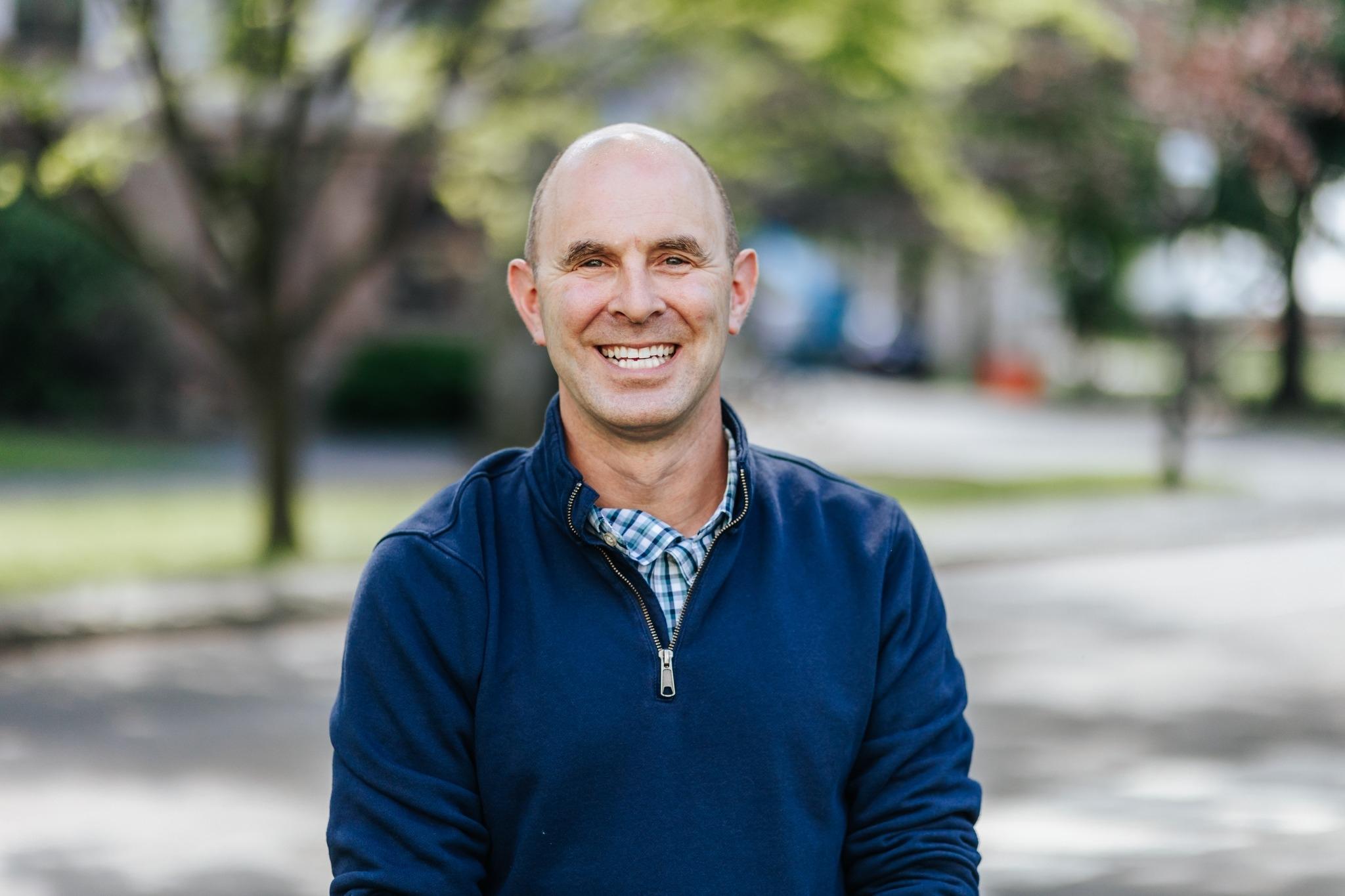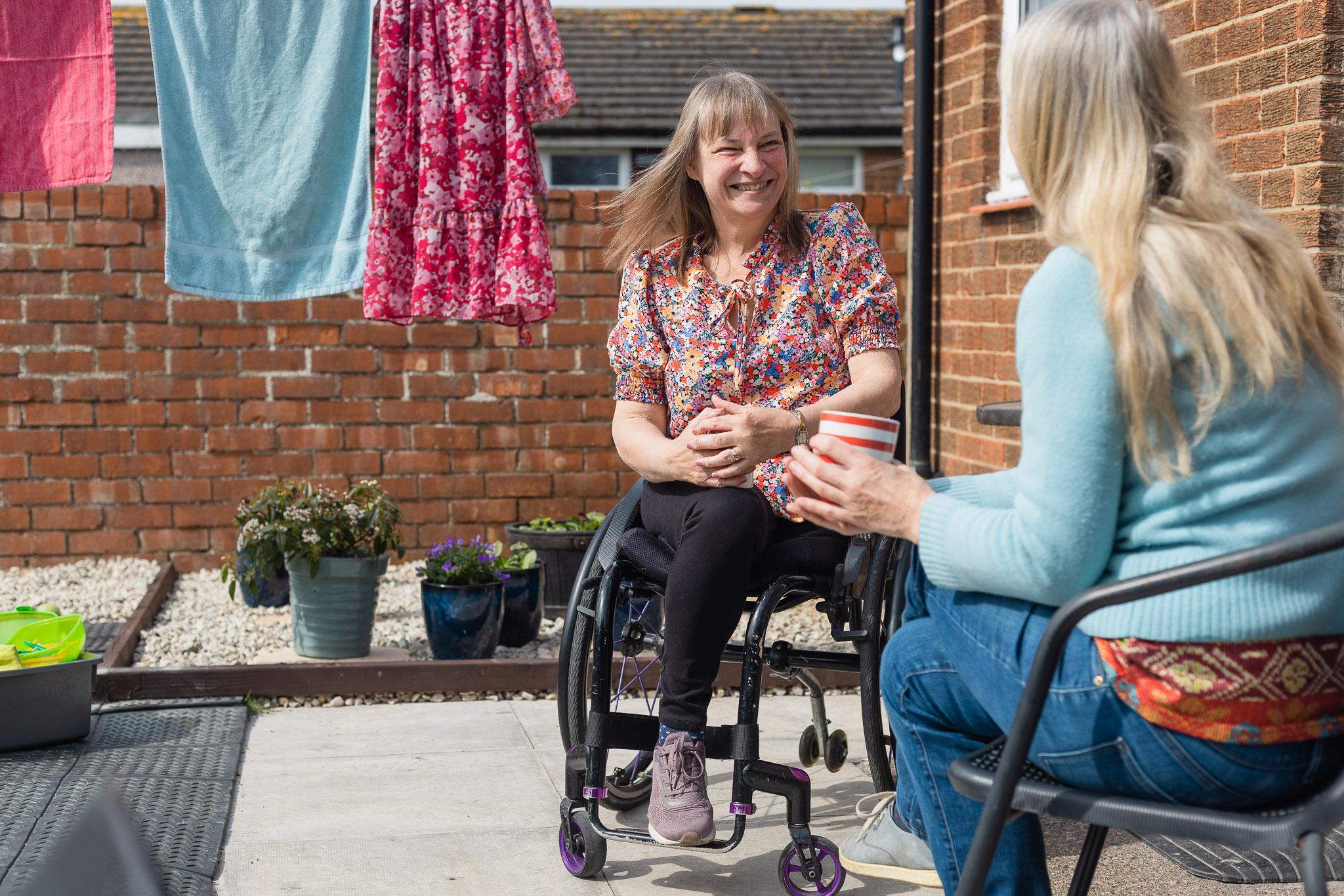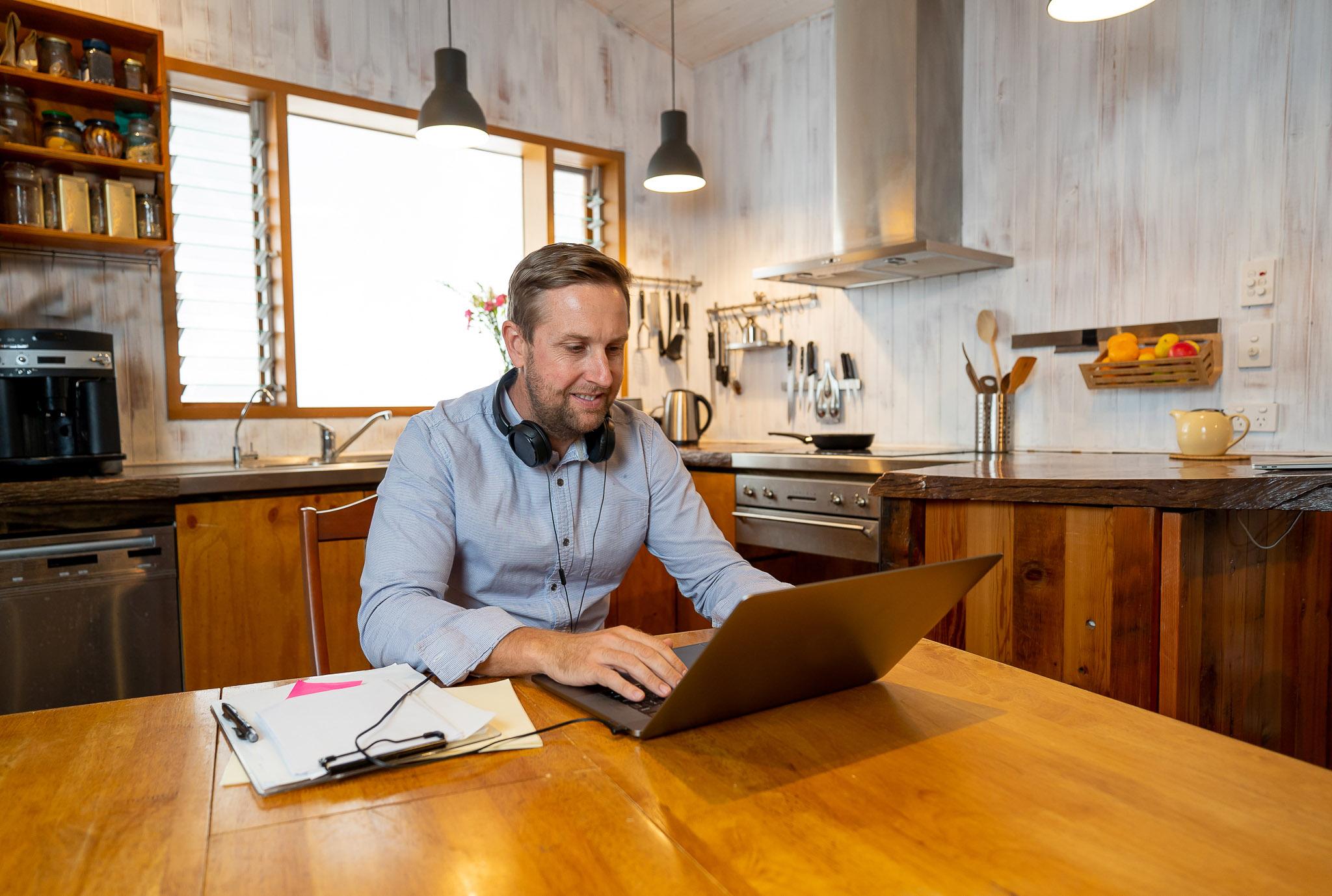
19 February 2026
International Speaker Tour 2026 - Greg Santucci
18 February 2026
Policy and Advocacy update - 19 February 2026
Read about OTA policy and advocacy updates and developments this week, including the upcoming Digital Health webinar, updates on the Thriving Kids initiative, and many more.
11 February 2026
Strengthening Occupational Reasoning Through Occupational Formulation
To learn more about occupational formulation, join us at our next Occupational Formulation Foundations course starting online on 19 March 2026, delivered by Lorrae Mynard.
4 February 2026
Australian Occupational Therapy Journal - Call for Editorial Board Members
The Australian Occupational Therapy Journal (AOTJ), the official research publication of Occupational Therapy Australia (OTA), invites expressions of interest from OTA members for positions on its Editorial Board.
4 February 2026
Policy and Advocacy update - 5 February 2026
Read about OTA policy and advocacy updates and developments this week, including the speech of OTA CEO Samantha Hunter at Parliament House Canberra, recommendations from Advisory Group for Thriving Kids, and many more.
4 February 2026
OTA Submission: Senate Community Affairs Legislation Committee Review of the Aged Care Rules
OTA welcomes the opportunity to contribute to this review and to bring to the Committee’s attention a number of concerning aspects of funding arrangements under the new Support at Home program.
4 February 2026
OTA Submission: Senate Inquiry into transition of CHSP to Support at Home
OTA welcomes the opportunity to contribute to Senate Inquiry into the transition of the Commonwealth Home Support Program (CHSP) to the Support at Home Program (the Inquiry) and to highlight several significant concerns relating to the new Support at Home program.

3 February 2026
OTA’s South Australian State Election 2026 Campaign
The SA state election will be held on 21 March 2026. MPs are finalising commitments now. A short message from local constituents helps put occupational therapy workforce solutions on the agenda.
1 February 2026
Submission: OTA’s Federal Budget Submission 2026
Occupational Therapy Australia (OTA) has submitted its Federal Budget Submission 2026, advocating for targeted government investments to support children, families, and the occupational therapy workforce across Australia.
1 February 2026
OTA Morning Tea at Australia Parliament House, 2 February 2026
OTA CEO Samantha Hunter addresses members and stakeholders at a Morning Tea held at Australia’s Parliament House, highlighting the vital role of occupational therapy in supporting participation, wellbeing, and inclusive communities across the nation.
28 January 2026
Policy and Advocacy update – 29 January 2026
Read about OTA policy and advocacy updates and developments this week, including the inaugural hosting of OTA Morning Tea, Mental Health Continuum of Care, and many more.
21 January 2026
Policy and Advocacy update – 22 January 2026
Read about OTA policy and advocacy updates and developments this week, including a near-closing consultation to help shape fairer NDIS pricing, and an OTA call to support the Thriving Kids.
18 January 2026
Environmental Modification Training: A core capability for Occupational Therapists
Investing in formal environmental modification training is critical to ensuring safe, effective, and meaningful outcomes for clients and communities.
13 January 2026
Policy and Advocacy update – 15 January 2026
Read about OTA policy and advocacy updates and developments this week, including the South Australian State Election, member feedback for the new Aged Care Act, EMPHN survey, and many more.

18 December 2025
On-Demand Learning Hub
To explore OTA’s full range of CPD & Events - including live and on-demand learning - visit Search all CPD & Events.

18 December 2025
About OTA’s CPD & Events
Learn from leading clinicians and academics while earning CPD hours to meet Ahpra requirements. Every completed activity is automatically recorded in your OTA CPD Tracker, with certificates included.
10 December 2025
Practice Resource: Occupational Therapy and the Strengthened Aged Care Quality Standards
This resource helps occupational therapists (OTs) and key stakeholders understand the specific ways the Strengthened Aged Care Quality Standards relate to occupational therapy scope of practice.
11 November 2025
Department of Health Disability and Ageing - Support at Home for Allied Health professionals
This is a presentation from the Department of Health, Disability and Ageing to AHPA members including OTA on the key changes under the Support at Home Program relating to allied health professionals.
30 October 2025
OTA Oration Award
This accolade aims to honour and showcase an occupational therapist who has made outstanding, innovative, and impactful contribution to the clinical practice of occupational therapy.

23 October 2025
OTA Leadership Program 2026
Step into your next chapter as a leader. Join OTA’s 2026 Leadership Program with Donna Markham OAM to grow your confidence, clarity and influence.

16 October 2025
OTA Annual General Meetings
The Occupational Therapy Australia (OTA) 2025 Annual General Meeting (AGM) will be held on Zoom on Thursday 20 November at 1.00pm AEDT.
15 October 2025
Member Update - Aged Care (October 2025)
A new Aged Care Act will be implemented on November 1st. This introduces the new home-based aged care program, Support at Home, which will replace the existing Home Care Packages and Short Term Restorative Care programs. OTA has prepared practice resources to support our profession during this transition. These resources provide a summary of the Support at Home Program's key details and offer considerations for clinicians to best prepare for the new reforms.
14 October 2025
Understanding the Support at Home Program - Preparing to work in Support at Home
This practice resource provides a summary of key features of the Support at Home Program. This document offers a summary of information drawn from resources provided by the Department of Health, Disability and Ageing. Please note that this content is general in nature and does not constitute legal or business advice. We strongly encourage individuals to seek their own independent legal and business advice regarding their own arrangements and to directly engage with the source resources to clarify the information provided.
8 October 2025
Understanding the Support at Home Short Term Programs - Restorative Care Pathway
This practice resource provides a summary of the Restorative Care Pathway under the new Support at Home Program. This document offers a summary of information drawn from resources provided by the Department of Health, Disability and Ageing. Please note that this content does not reflect the views of OTA, nor does it constitute legal or business advice. We strongly encourage individuals to seek their own independent legal and business advice regarding their own arrangements and to directly engage with the source resources to clarify the information provided.
8 October 2025
Capability Framework for Occupational Therapists Working with Older People (Aged Care)
The Capability Framework for Occupational Therapists working with Older People (Aged Care) proposes a series of capabilities (knowledge, skills and attitudes) for occupational therapists practising across different aged care settings and support structures. The framework acknowledges that aged care is a complex and multifaceted area of clinical practice and is within the scope of all registered occupational therapists.
8 October 2025
Understanding the Support at Home Short Term Programs - AT/HM Pathway
This practice resource provides a summary of key features of the Assistive Technology/Home Modifications (AT/HM) pathway under the new Support at Home Program. This document offers a summary of information drawn from resources provided by the Department of Health, Disability and Ageing. Please note that this content does not reflect the views of OTA, nor does it constitute legal or business advice. We strongly encourage individuals to seek their own independent legal and business advice regarding their own arrangements and to directly engage with the source resources to clarify the information provided.

25 September 2025
Adult Health and Disability - Learning Hub
Explore our available events on Adult Health and Disability, designed to expand your knowledge, build skills, and connect with peers through expert-led learning opportunities.

25 September 2025
Across the lifespan - Learning Hub
Explore our available events, designed to expand your knowledge, build skills, and connect with peers through expert-led learning opportunities.

25 September 2025
Professional and Practice Skills - Learning Hub
Explore our available events on Professional and Practice Skills, designed to expand your knowledge, build skills, and connect with peers through expert-led learning opportunities.

20 August 2025
Occupational Therapy - Frequently Asked Questions
Occupational Therapy – FAQs provides clear answers to common queries about occupational therapy, understand its role in promoting health, wellbeing, and participation in daily life.